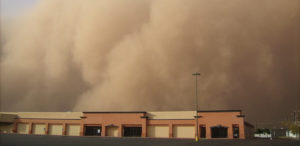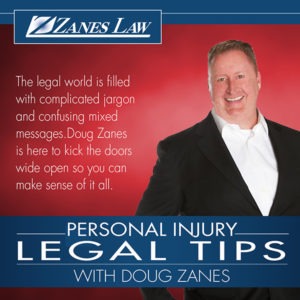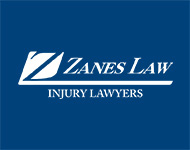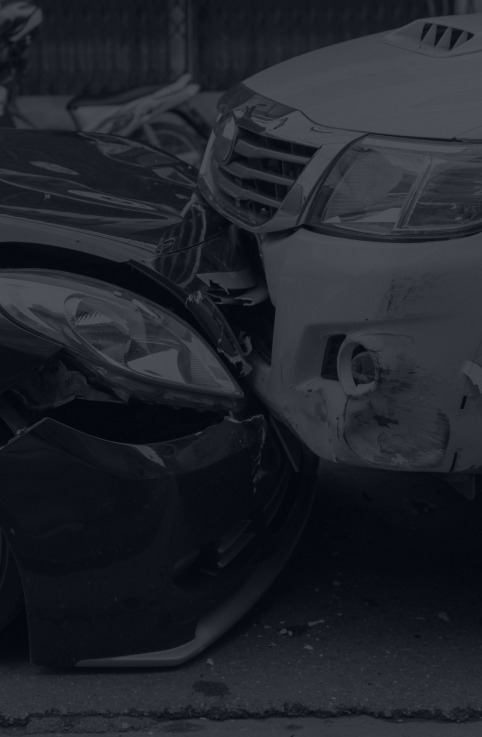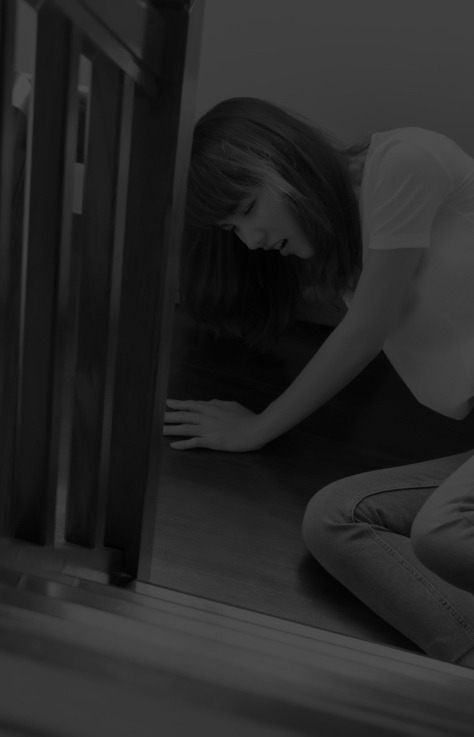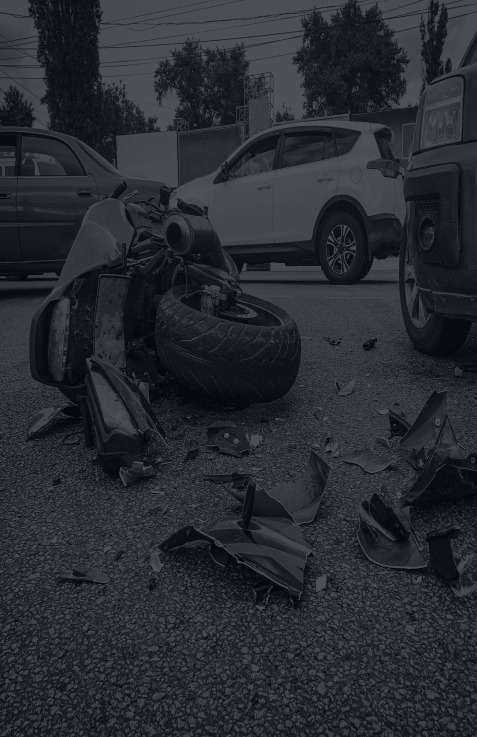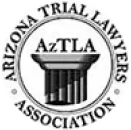Around 900,000 people all around the country hop on elevators every day, taking a total of 18 billion rides up and down per year to get to their apartments, workplaces, doctors’ offices, shops, etc. With these numbers, it is surprising that elevator accidents do not occur more often than they do (they are far less common in occurrence than Phoenix car accidents, for example).
Still, when an elevator accident does happen, it can produce devastating, life-altering, and sometimes fatal injuries.
If you sustained injuries in an elevator accident, a Zanes Law elevator accident lawyer in Phoenix will do everything from A to Z to see that you are compensated for your injuries. Call for a free case review today: 866-499-8989 .
Elevator Safety Codes
The Industrial Commission of Arizona outlines the state’s elevator program, including regulations that must be adhered to concerning elevator safety standards, maintenance, and inspections.
Although elevator safety codes are common across the country, the specific regulations differ from state to state.
Typical areas that property owners must uphold and maintain include:
- Doors, enclosures, frames, and gates
- Capacity and loading
- Governing of speed
- Horizontal car & counterweight clearances
- Top and bottom clearances
- Hoistways construction
When an individual sustains injuries in an elevator accident, there is a good possibility that the elevator owner failed to maintain the unit.
Having an elevator accident lawyer in Phoenix who is familiar with Arizona’s specific application of elevator safety regulations can benefit a person who sustained injuries in an elevator accident within the state.
A Zanes Law elevator accident lawyer in Phoenix maintains a strong knowledge of Arizona’s elevator safety regulations. Our firm can couple this local know-how with our deep experience with premises liability law to build a case against a negligent property owner for recovery of your elevator accident damages.
For a free legal consultation with a elevator accidents lawyer serving Phoenix, call (866) 499-8989
Defective Or Malfunctioning Elevators And Elevator Parts
Arizona Division of Occupational Safety and Health (ADOSH) requires that property owners routinely have their property-based elevators inspected. In 2010, the Arizona Elevator Act was amended to permit property owners to use private elevator inspectors for this purpose.
Still, the Consumer Product Safety Commission (CPSC) does not have to regulate elevators with the same scrutiny they do cars or personal devices. As such, elevators and their components do not undergo parts recalls or federal accident inspections. Also, manufacturers do not have to publicize a defective elevator part but instead are required only to notify owners via a product letter. This probably explains why we rarely read about defective or malfunctioning elevator parts in the news.
Phoenix Elevator Accident Lawyer Near Me (866) 499-8989
Types Of Possible Elevator Defects
Even the smallest defect on a seemingly insignificant part of an elevator can cause the whole unit to malfunction. Combining the malfunction with a possible drop of several or many floors can yield catastrophic results.
Some common defects and malfunctions we have learned of in our time practicing personal injury are as follows:
- If there is a fire, the heat or water from emergency sprinklers or firehoses can damage wiring, making the elevator malfunction, sometimes entrapping passengers.
- When the elevator’s leveling is unbalanced, the unit will not line up with the building’s floor level.
- A defective control or bad wiring can electrocute a passenger or other individual.
- Open shaft resulting from broken doors or other problems that facilitate people falling down the shaft.
- Pulley system malfunction results in a rapid drop of the unit down the elevator shaft.
Call or text (866) 499-8989 or complete a
Free Case Evaluation form





